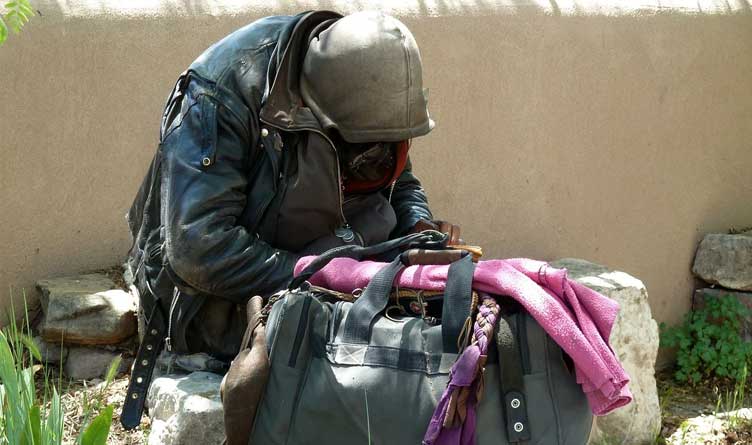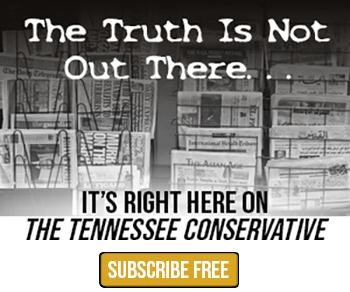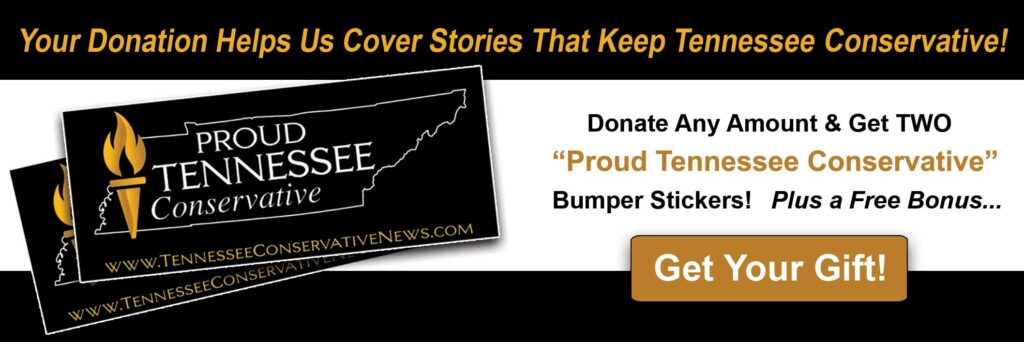Photo Credit: CC
Published April 8, 2021
By Daniel J. Smith [Middle Tennessee State University] –
“Doesn’t the government have some role to play in addressing poverty?” a Middle Tennessee State University graduate student recently asked me outside of class.
As a proponent of free markets and limited government, you might be surprised that my answer is, “yes.” It starts and ends with getting out of our way. Let me explain.
Government has a poor track record of directing assistance to the poor.
Even before COVID-19, the federal government spent more than $4 trillion per year. Only a small fraction of that, however, was allocated to those in poverty.
Most of our transfer programs instead benefit middle- and upper-class households (these are the households that vote, after all) through Social Security and Medicare – not to mention the crony tax breaks and subsidies doled out to the wealthy.
We saw the same thing when it came to our recent COVID-19 stimulus. While it was clear many low-skilled workers were struggling, the $4.8 trillion – enough money to give $141,000 to every person below the poverty line – is not being directed toward poor households.
Even when money is put into a program explicitly created to help the poor, the government tends to be ineffective at helping those in need. Most of our welfare spending doesn’t actually end up in the hands of the poor. Programs designed to help the poor, such as Medicaid, actually have a poor track record of assisting low-income Americans. Even public efforts to help disaster victims tend to be plagued by inevitable fraud and abuse.
So, how can government get out of the way?
There is a wide range of federal, state and local programs that actively harm the poor that should be reformed.
We have an unfair criminal justice system that restricts families’ income, hampers economic opportunity post-conviction and levies all sorts of unfair costs on low-income residents. Many cities have zoning laws that artificially restrict affordable housing options for the poor.
We have sin taxes on alcohol, soda and tobacco that fall primarily on lower-income residents. Occupational licensing laws that raise artificial barriers to professions, such as barbering, auctioneering and massage, restrict occupational choice and economic mobility for the poor.
While wealthier families can afford private educational options (or live in better schooling districts), our underperforming K-12 schools are failing to expand opportunity for the poor, and it’s not because of the lack of resources.
And that is not to mention new proposals, such as a federal minimum wage of $15 an hour, that would restrict the availability of entry-level jobs for low-skilled workers.
Rather than asking the government to create new programs to help the poor, something it has a rather poor track record of achieving, let’s first ask it to stop doing things we know actively hurt the poor.
Perhaps the title of Art Carden and Deidre McCloskey’s new book sums it up best, “Leave Me Alone and I’ll Make You Rich.” As they demonstrate, no government program or initiative successfully has expanded economic opportunity and human prosperity more than free markets. The expansion of capitalism remarkably has reduced absolute poverty around the world.
As someone who grew up poor, we can’t leave it just at that. There is, and always will be, a strong need for charity and community-based organizations to meet the needs of those in our local communities. I’ve personally seen the strength of these community organizations in my fieldwork after natural disasters. Faith-based, corporate and nonprofit organizations vastly outperformed government agencies in getting disaster assistance to the needy.
Even when it comes to charity, government can get in the way.
In my fieldwork, I’ve seen zoning laws, building moratoriums, price gouging laws and unnecessary government-mandated disaster volunteer registration and training slow down recovery efforts. More importantly, as historian David Beito carefully documents, America had an even stronger civil society milieu before the advent of our modern welfare state.
Yes, government can do something to help the poor. It should get out of the way.
About the Author:
Dr. Daniel J. Smith is the director of the Political Economy Research Institute at MTSU and an associate professor of economics in the Jones College of Business.






One Response
Government does not need to use tax dollars to support the poor. Those people can go get a job. There are enough of them out there